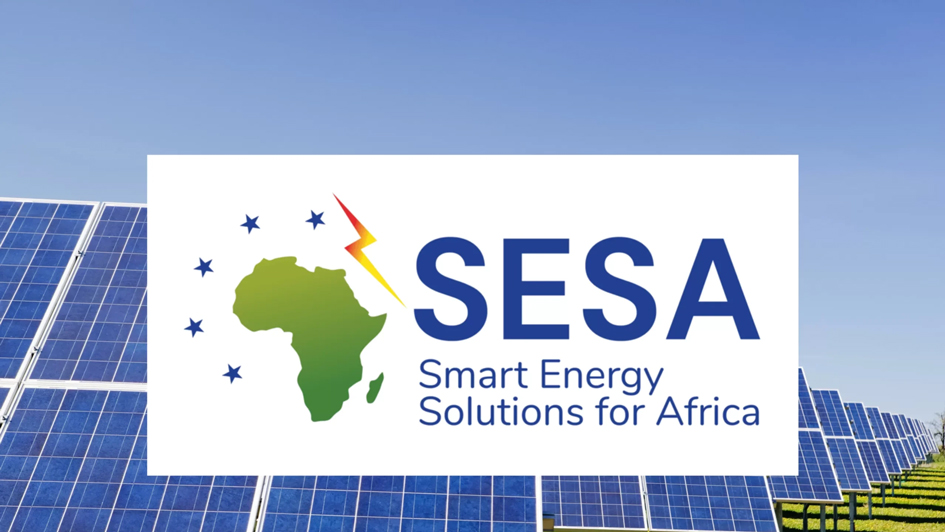Smart Energy Solutions for Africa
Innovations for sustainable energy supply in Africa
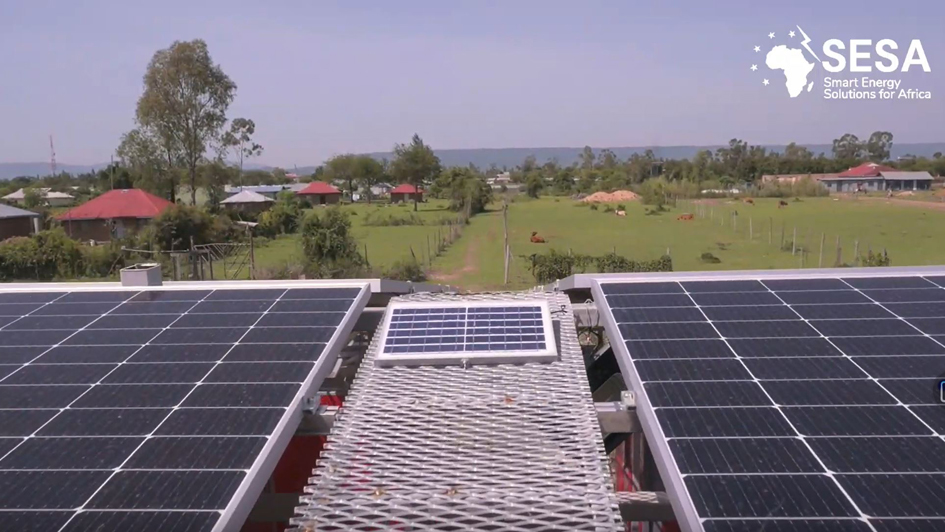
The African continent faces a variety of challenges in the energy sector: Large parts of the population still do not have access to affordable and reliable energy supply – and these needs will continue to increase in the coming years due to population growth and economic development. This is where the consortium “Smart Energy Solutions for Africa” (SESA), with its 30 partners, comes in. It aims to improve energy access for vulnerable groups, promote ecological change and drive economic development.
Consortium
Working together for innovative energy solutions
To implement European Green Deal goals in collaboration with African nations, a diverse consortium of 30 partners was established. Within the Smart Energy Solutions for Africa (SESA) project, 30 African and European universities, research centers, industry players, local governments, knowledge and implementation organizations and networks are working closely together. Members also include the Siemens Stiftung and its Kenyan social enterprise WeTu. The consortium’s common goal is to promote innovative energy solutions and sustainable economic development in Africa. Solutions that already exist on the continent are to be better utilized and scaled.
Project
Utilizing energy sustainably and cost-effectively
Photovoltaic and solar stations, innovative energy storage systems, recycling of old batteries for electromobility, rural internet access – the SESA project promotes a diverse range of solutions that provide energy for productive use. Initially, the innovations will be developed and tested at selected sites (“Demonstration Sites”) in Kenya. Responsible for the Demonstration Sites is our social enterprise WeTu, which is working on innovative solutions for energy and drinking water supply along the coast of Lake Victoria.
In a second step, open calls will be launched to find companies in Ghana, Malawi, South Africa and Morocco that will test and validate selected local innovations and business models for vulnerable low-income groups and adapt them to local needs (“Validation Sites”). A second call for proposals will then select social enterprises in Namibia, Nigeria, Rwanda and Tanzania to be supported in the large-scale replication and scaling of selected, particularly promising solutions (“Replication Sites”). The Test Sites, Validation Sites, and Replication Sites represent a diverse mix of regions in Africa and offer a wide range of different socio-economic and political environments.
To ensure replicability of project results and long-term societal impact, local stakeholders, national and regional administrations, and European institutions work closely together. Local authorities and companies are involved in the joint development process, participate in peer learning activities and capacity building within the project, and are supported in replication and scaling. An exchange program will be developed for participating institutions and companies to gain first-hand experience. Comprehensive information and training packages will be provided on each technology that is tested, validated, or replicated in the countries to facilitate implementation, dissemination, and replication in additional African countries. The packages will be freely accessible through an online toolbox.
SESA Call for Entrepreneurs 2023
Eight African sustainable solutions selected for “SESA Call for Entrepreneurs 2023”
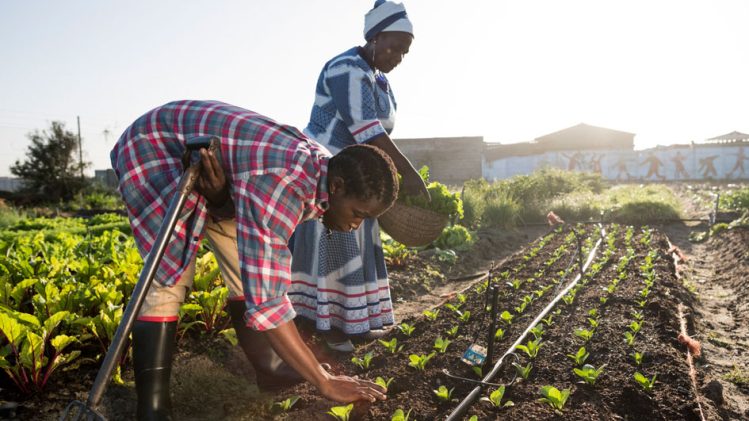
Partners
Strong international partnership
The SESA project will run for 48 months from October 2021 to September 2025 and is based on a strong partnership between leading African and European universities, research centers, industry players, local governments, knowledge and implementation organizations and networks. The consortium is funded by the HORIZON2020 program of the European Commission.
Members of the consortium are:
F6S Innovation, Green Energy Park, Going Green, Leitat, Make It Green, Metanogenia, Siemens Stiftung, Cenex Nederland, WeTu, ICLEI, UN Environment Programme, UNEP DTU Partnership, Urban Electric Mobility Initiative (UEMI), UN-Habitat, Aamusted, uYilo eMobility Programme, Namibia University of Science and Technology (NUST), Smart Innovation Norway, Blekinge Institute of Technology (BTH), TECNALIA, The University of Rwanda (UR), Wuppertal Institut, Basic Internet Foundation und Elico Foundation.
Contact
Would you like to find out more? Do you have any questions?
Project Manager Siemens Stiftung
Elisabeth Biber
elisabeth.biber@siemens-stiftung.org
+49 8954 0487 304
SESA Call for Entrepreneurs
Read more about the selected enterprises
Four African solutions selected for “SESA Call for Entrepreneurs 2022”: Boosting access to renewable energy
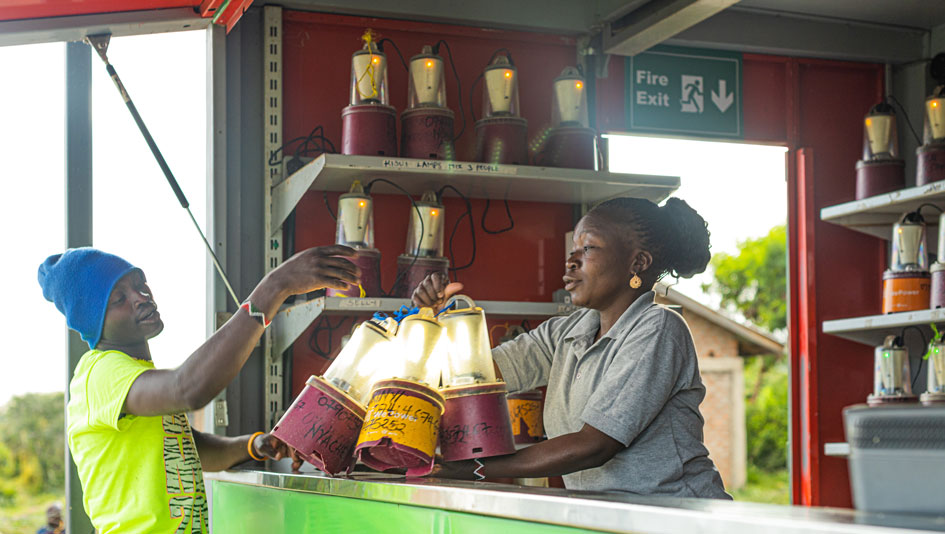
Related links
Read more about the selected enterprises
Project Channels
Social Media
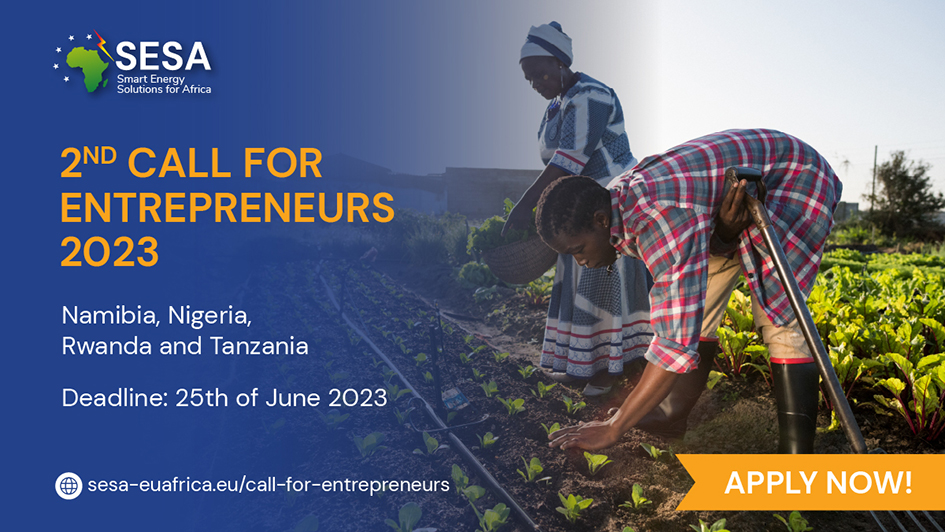
2nd SESA Call for Entrepreneurs 2023



